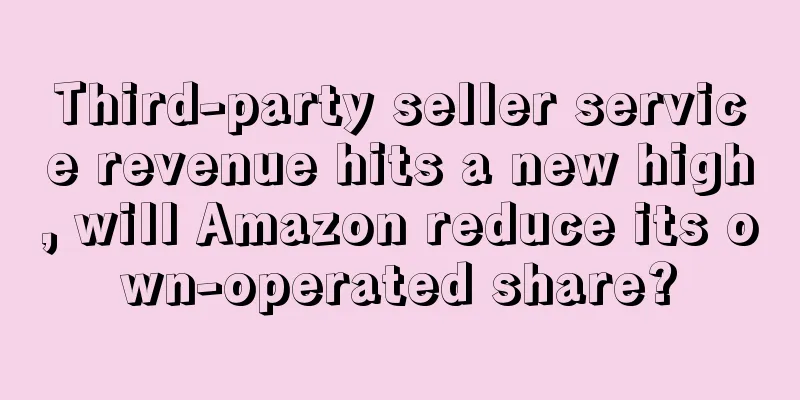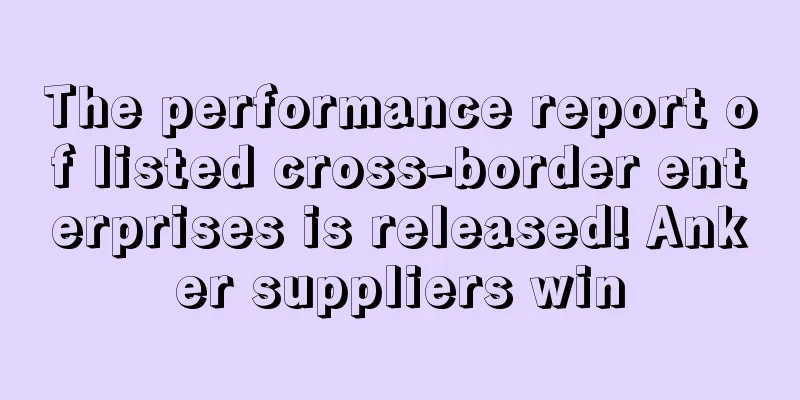What is CPC Certificate? CPC Certificate Review, Features

|
The CPC certificate is a children's product certificate, which is applicable to all products that are mainly used by children under 12 years old, such as toys, cradles, children's clothing, etc. If they are produced in the United States, the manufacturer is responsible for providing it, and if they are produced in other countries, the importer is responsible for providing it. If cross-border e-commerce sellers want to sell products produced in Chinese factories to the United States, they need to provide the CPC certificate to Amazon, which is a retailer/distributor. Sellers who fail to provide the certificate will face the removal of their products from the shelves.
CPC certificate content that Amazon requires sellers to provide 1. Product name and description 2. All laws and regulations applicable to the product 3. Information of the importer or manufacturer: including name, address and telephone number 4. Contact information of the holder of the test result file supporting the certificate: name, address, email address and telephone number 5. Product production date and address. The production date must be in year and month, and the address must be in city; 6. Test time and address or test report on which the certificate is based 7. Information of third-party testing agency. 8. Each consumer product safety regulation under which the product is certified.
Test Type 1. Initial test: the first test of the product; 2. Material change test: if the material has changed, test it; 3. Periodic testing: As a supplement to material change testing, if there is continuous production and no material changes, periodic testing must be carried out at least once a year; 4. Component testing: Generally, the finished product is tested. In some specific cases, all components can also be tested to prove the compliance of the final product; 5. Children's Product Certificate: Children's Product Certificate can only be tested by an approved third-party testing laboratory and issued based on the test report.
Testing requirements 1. Children's products must comply with relevant rules and safety regulations and undergo mandatory third-party testing; 2. Testing must be conducted in a CPSC-approved laboratory; 3. Based on the third-party test results, the manufacturer or importer issues the CPC certificate, which can also be assisted by a third-party laboratory; 4. Children's products must comply with all applicable rules or regulations.
standard SPSC has published a total of 38 standards, mainly covering the following testing contents: 1. CPSIA total lead and phthalates; 2. American toy standard ASTMF963; 3. Safety standard for electric toys 16 CFR Part 1505; 4. Rattle toys require 16 CFR Part 1510; 5. Pacifier safety standard 16 CFR Part 1511; 6. Combustion performance of children's clothing and carpets, such as 16 CFR Part 1610; 7. Children's products: product standards for strollers, cribs, fences, carriers, safety seats, bicycle helmets, etc. Recommended test items for common products: ·Toy: (1) CPSIA total lead + phthalates; (2) ASTM F963 Toy Standard; (3) 16 CFR Part 1501 Small Parts (for toys, they are already covered by ASTM F963); (4) 16 CFR Part 1510 Requirements for rattle toys (only required for rattle toys, already covered by ASTM F963); (5) 16 CFR Part 1505 Safety Standard for Electric Toys (only required for electric toys). Children's clothing: (1) CPSIA total lead + phthalates; (2) 16 CFR Part 1501 Small parts; (3) 16 CFR Part 1610 Combustion performance of clothing textiles; (4) 16 CFR Part 1615 Flammability of Children's Sleepwear, Sizes 0-6X (for children's sleepwear only); (5) 16 CFR Part 1616 Flammability of Children's Sleepwear, Sizes 7-14X (for children's sleepwear only). ·nipple: 1. CPSIA Total Lead + Phthalate; 2. 16 CFR Part 1501 Small parts; 3. 16 CFR Part 1511 Pacifiers: 300. Other children's products: It is recommended to meet CPSIA total lead + phthalate standards for infant products: strollers, cribs, fences, carriers, safety seats, bicycle helmets, etc.
cost There is no fee to create a CPC. The manufacturer or importer draws the CPC in a word processing document or other system. There is no fee to file with the government, so there is no fee for this part at this time. Some laboratories and consultants may offer to help you create a CPC for a professional fee, but their help is optional. CPSC's Small Business Ombudsman can help you at no charge.
Issuing Agency The manufacturer or importer is responsible for drafting and issuing the CPC. The manufacturer or importer can draft the CPC on their own, without charge, based on the test results of a third-party test pass. Importers must issue a CPC for products manufactured overseas, and U.S. manufacturers must issue a CPC for products manufactured domestically. See 16 CFR Part 1110. Even if a third-party testing laboratory or other third party provides assistance in drafting the CPC, the manufacturer or importer of children's products that comply with the children's product safety rule or other standards always remains legally responsible for issuing the CPC.
Target If you are a manufacturer or importer, you must "furnish" the Children's Product Certificate to distributors and retailers. In addition, federal law requires that you provide a copy of the Children's Product Certificate to the CPSC and the Commissioner of Customs upon request. The requirement to "satisfy" the CPC is met if the manufacturer or importer provides its distributors and retailers with reasonable means to obtain the certificate. You can provide distributors and retailers with a physical copy of the certificate, or you can provide a dedicated website and that specific certificate on the invoice.
as a result of Failure to provide a Children's Product Certificate, issuing a false certificate of conformity under certain conditions, and failing to comply with section 14 of the CPSA are violations of the CPSA. Violations of the Consumer Product Safety Act may result in civil penalties and may result in criminal penalties and asset forfeiture.
event In May 2017, Amazon suspended the sales rights of children's products on a large scale and sent a large number of emails, requiring sellers to provide CPC certificates. If they fail to provide them, the listings will not have their sales rights restored and will be permanently removed from the shelves. |
>>: What is Review Blacklist? Review Blacklist Review, Features
Recommend
Former employees of major companies such as DJI and Anker formed a team to sell over 5 million units of a single product per month
In the past few years, some people believed that ...
The amount of items that Generation Z in the UK spend on "add-to-cart" products is as high as £6.5 billion per year
According to a survey conducted by Barclaycard Pa...
What is Celigo? Celigo Review, Features
<span data-docs-delta="[[20,{"gallery"...
"Opening Day" orders are sold out, 80% of merchants believe that the cross-border export situation this year is stable and improving
The business of cross-border merchants is recover...
What is ShareASale? ShareASale Review, Features
ShareASale is the fastest growing affiliate market...
AirAsia partners with MaGIC to launch drone delivery service
Data shows that in 2019, the global drone package...
Online sales surge 77%, US BuyBuy Baby accelerates transformation
For many parents who are about to have a newborn,...
Online sales accounted for 50% of total sales, and Nordstrom increased its investment in e-commerce
According to Fortune , affected by the epidemic, ...
Cross-border giants are transforming and no longer selling goods?
“Did you make money in 2023?” This is a questionn...
Many big sellers rushed into the market, and ChatGPT exploded!
In 2023, ChatGPT became extremely popular, and ma...
Anker's new project is approved! Supporting two major products
One step closer to your goal! Anker Innovations’ ...
What is Nuvei? Nuvei Review, Features
Nuvei, a Canadian public payments giant, is desig...
Boohoo sued for fake discounts! Pay $100 million in damages
Fast fashion retailer Boohoo said it could be for...
What is Oros? Oros Review, Features
Oros is a team of tenacious experimenters, wild dr...
What is FDK Express? FDK Express Review, Features
Shenzhen Feidekuai International Logistics Co., Lt...









